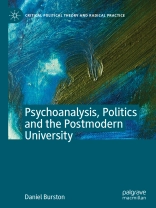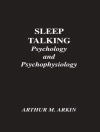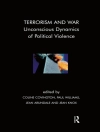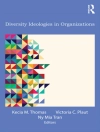Critical theory draws on Marxism, psychoanalysis, postmodern and poststructuralist theorists. Marxism and psychoanalysis are rooted in the Enlightenment project, while postmodernism and poststructuralism are more indebted to Nietzsche, whose philosophy is rooted in anti-Enlightenment ideas and ideals. Marxism and psychoanalysis contributed mightily to our understanding of fascism and authoritarianism, but were distorted and disfigured by authoritarian tendencies and practices in turn. This book, written for clinicians and social scientists, explores these overarching themes, focusing on the reception of Freud in America, the authoritarian personality and American politics, Lacan’s “return to Freud, ” Jordan Peterson and the Crisis of the Liberal Arts, and the anti-psychiatry movement.
Inhaltsverzeichnis
1. Critical Theory and the Problem of Authority.- 2. Freud in America: The Golden Age, the Freud Wars, and Beyond.- 3. Jacques Lacan and Louis Althusser: Return to Freud?.- 4. Of Two Minds: Language and the Unconscious in Freud, Stern, and Mc Gilchrist.- 5. Trump, Authoritarianism, and the End of American Democracy.- 6. Nietzsche, Postmodernism, and the Hermeneutics of Suspicion.- 7. Jordan Peterson and the Postmodern University.- 8. Anti-Psychiatry: The End of the Road?
Über den Autor
Daniel Burston is Associate Professor of Psychology at Duquesne University, USA, and the author of numerous books and papers on the history of psychology, psychiatry and psychoanalysis.












